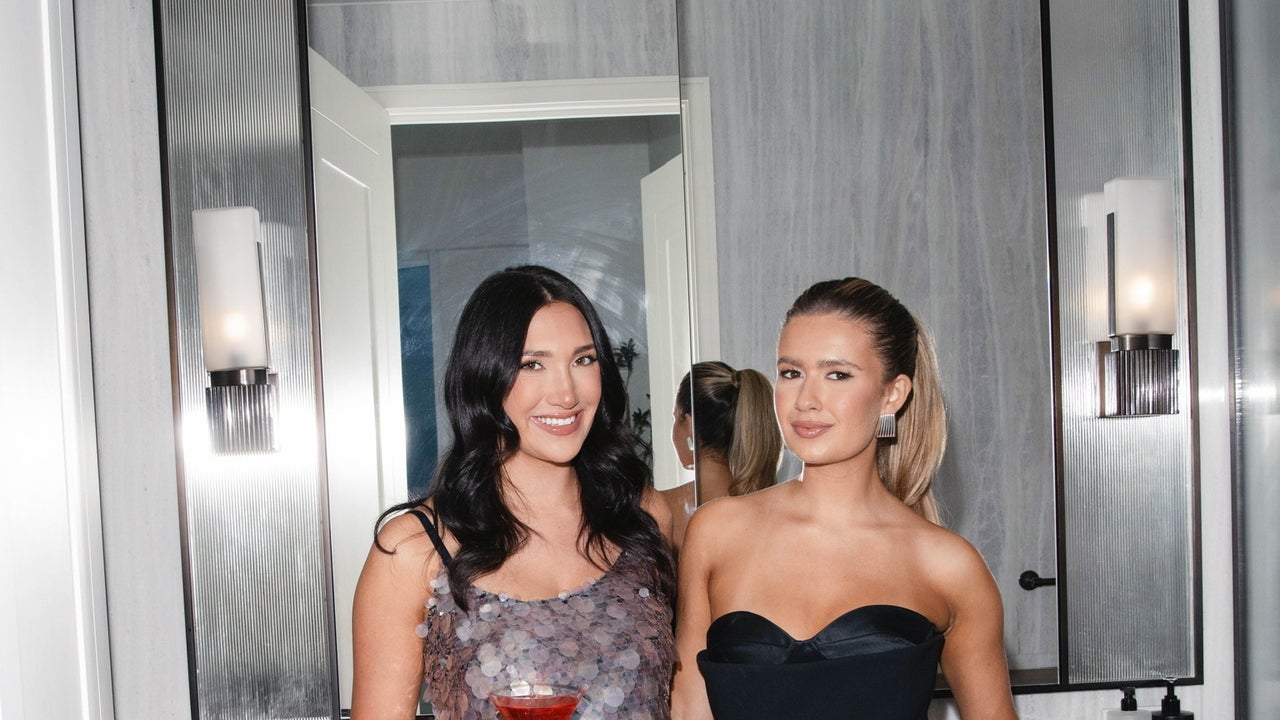Unilever Reaches New Deal on X Ad Spend
A big win for X, as it continues to pursue legal action against GARM.

You can criticize X’s legal push to force advertisers to keep spending money on the platform all you want, but, apparently, it is working. At least in some capacity.
Late last week, Unilever, one of the brands that X identified in its recent legal filing against the Global Alliance for Responsible Media (GARM), announced that it had reached an agreement with X on a new ad partnership, effectively removing it from X’s court push.
X is pleased to have reached an agreement with Unilever and to continue our partnership with them on the platform. Today’s news is the first part of the ecosystem-wide solution and we look forward to more resolution across the industry.
— News (@XNews) October 11, 2024So X, which is still suing GARM and several big brands, will now ease off of Univeler in its proceedings, while it’s also secured expanded ad spend from the company.
So again, while many have laughed at X for suing brands for making the decision not to advertise in the app, it does seem to have had some effect.
To recap, back in August, X launched legal action against GARM and its coordinating body, the World Federation of Advertisers (WFA), as well as selected GARM members, over what X claims has been “a group boycott by competing advertisers of one of the most popular social media platforms in the United States.”
X’s claim is that GARM coordinated to advise brands not to run promotions on X based on political ideology, not on its stated brand safety grounds. And given that GARM members account for 90% of ad spending in the U.S., X’s legal case, which is still in process, is that GARM carries a lot of weight, and can essentially silence whatever kinds of speech it wants, by pushing its members to boycott a platform.
The evidence here seems fairly inconclusive (GARM will argue that its recommendations were based on concerns relating to changing moderation standards at the app), and GARM has long been regarded as the top body for pushing platforms to adequately police hate speech and the like. But X is seeking damages based on the case that it’s built, in which it will look to prove that GARM acts based on the whims of its most powerful members, and not based on its externally communicated brand safety goals.
Among the other big brands identified in X’s filing are Mars Inc., CVS Health and Orsted.
The fact that Unilever has opted to cut a new deal with X suggests that there is a level of concern about the case among big brands, and X’s legal filing does make some relevant points about market forces dictating the success or failure of online ad platforms either way (i.e. if they don’t offer brand safety, they’ll fail, whether GARM exists or not).
It’s hard to know how a jury will view the case, but GARM has paused all operations pending a verdict, in order to fund its defense against Elon and Co.
The ultimate outcome could limit further challenges to X’s moderation approach, which is reportedly allowing more hate speech and abuse to remain in the app. But then again, if advertisers drive results, or if they see their ads appearing alongside offensive material in the app, they can decide whether they spend on X promotions either way.
Right now, X’s ad revenue is reportedly down around 50% on what it had been prior to Elon Musk’s purchase of the app, and still sinking, as user numbers continue to decline, and Musk continues to amplify divisive political opinions in the app (his own and others’). Limiting recommendations against X ads could be a critical step in getting its ad business back on track, but at the same time, I’d be surprised if it ends up being the thing that clears the way for a major reversal of its ad business.

 Konoly
Konoly 
































